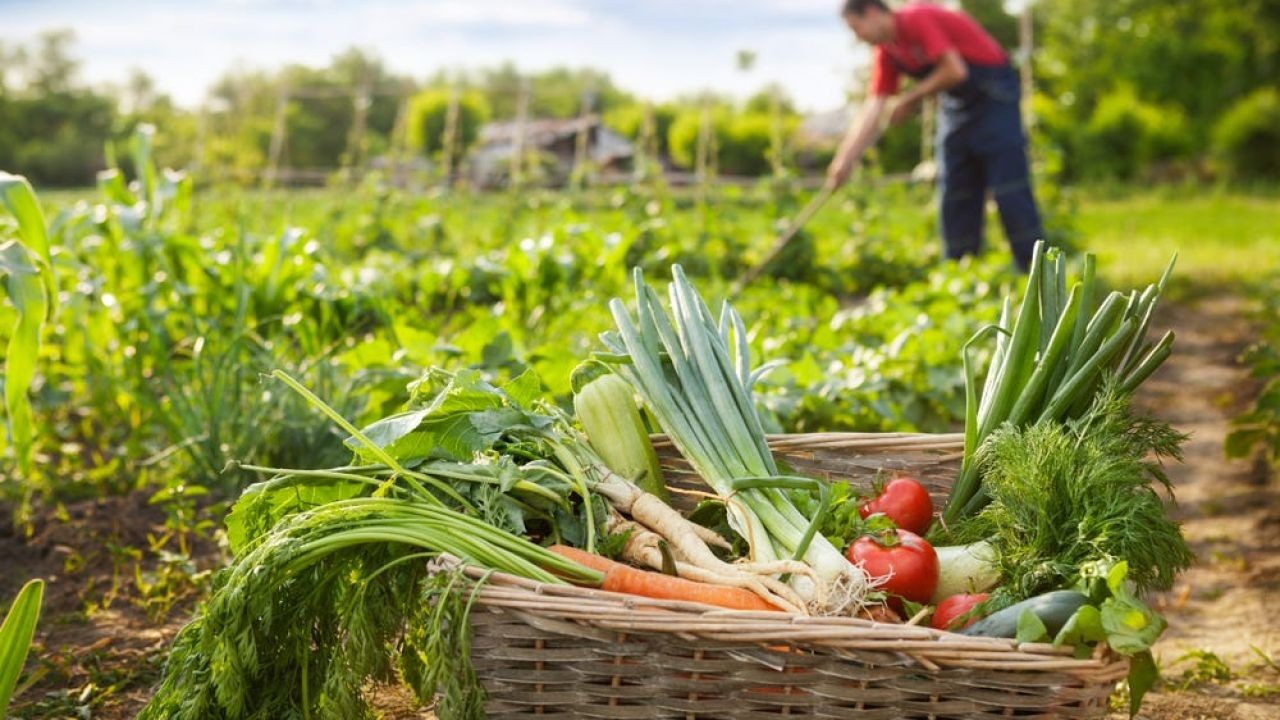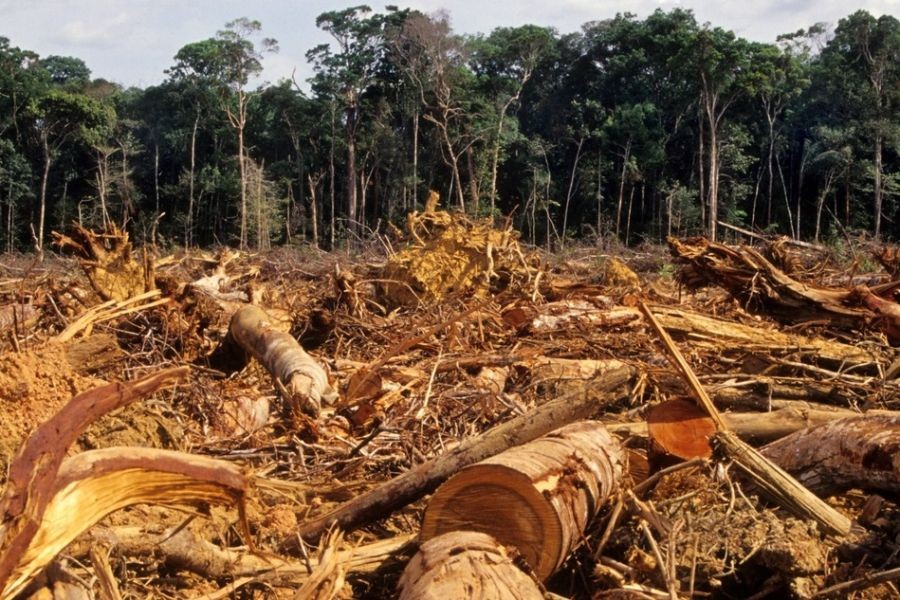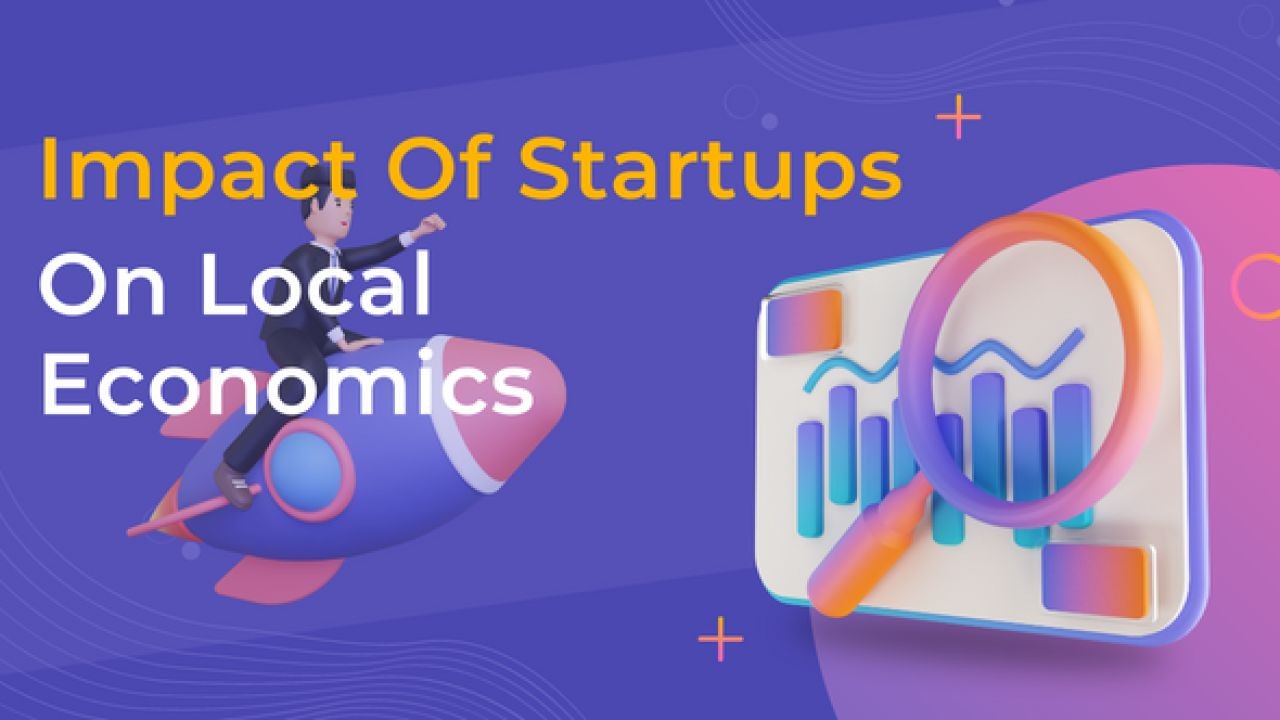New Zealand stands at the forefront of a global movement toward sustainable and ethical food production, a trend driven by increasing consumer demand for transparency, environmental responsibility, and social equity. With its rich agricultural heritage, innovative spirit, and supportive government policies, New Zealand is uniquely positioned to lead this charge. In this article, we explore how New Zealand is set to become a leader in sustainable food production, supported by data, expert insights, and real-world examples.
The New Zealand Advantage in Sustainable Food Production
New Zealand's agricultural sector plays a vital role in its economy, contributing approximately $39 billion annually, according to Stats NZ. The nation's geographical isolation and stringent biosecurity measures have helped maintain high-quality standards, which are crucial for sustainable practices. The Ministry for Primary Industries (MPI) has implemented various initiatives to promote sustainable agriculture, such as the Sustainable Food and Fibre Futures (SFFF) fund, which supports innovative projects aimed at improving the environmental performance of the food and fiber sectors.
Case Study: Synlait Milk – Pioneering Ethical Dairy Production
Problem: Synlait Milk, a leading dairy company in New Zealand, faced challenges in reducing its carbon footprint and improving animal welfare standards. With growing consumer awareness and demand for ethically produced dairy, Synlait needed to innovate to stay competitive.
Action: Synlait implemented a comprehensive sustainability strategy, including the introduction of the Lead With Pride™ program, which sets high standards for animal welfare, environmental management, and community engagement. They also partnered with the Energy Efficiency and Conservation Authority (EECA) to improve energy efficiency and reduce greenhouse gas emissions.
Result: Within two years, Synlait achieved significant improvements:
- Reduced greenhouse gas emissions by 25%
- Improved animal welfare scores by 30%
- Increased consumer trust and brand loyalty, resulting in a 15% revenue growth
Takeaway: Synlait's success highlights the importance of integrated sustainability strategies in the dairy industry. New Zealand businesses can leverage similar approaches to enhance their competitive advantage in the global market.
Expert Insights on Sustainable Practices
Dr. Sarah McLaren, Director of the New Zealand Life Cycle Management Centre, emphasizes the significance of life cycle assessment (LCA) in understanding the environmental impacts of food production. "LCA enables businesses to identify key areas for improvement and implement targeted strategies for reducing their carbon footprint," she explains. By adopting LCA, New Zealand businesses can enhance their sustainability credentials and meet the growing demand for environmentally friendly products.
Balancing Economic Growth and Environmental Responsibility
While sustainable practices can drive economic growth, they also require careful consideration of potential trade-offs. The Reserve Bank of New Zealand warns that transitioning to a low-carbon economy may impact certain sectors, such as fossil fuels, leading to short-term economic adjustments. However, the long-term benefits of sustainability, including increased efficiency and resilience, are expected to outweigh these challenges.
Debunking Common Myths About Sustainable Food Production
Despite the clear benefits, several myths persist about sustainable food production:
- Myth: "Sustainable practices are too costly for small businesses."
- Reality: According to the NZ Sustainable Business Council, businesses that invest in sustainability see a 20% cost reduction in the long run due to increased efficiency and waste reduction.
- Myth: "Organic food is the only sustainable option."
- Reality: While organic farming is one approach, sustainable practices encompass a broader range of strategies, including precision agriculture and regenerative farming.
- Myth: "Sustainability doesn't impact consumer choices."
- Reality: A 2023 survey by Consumer NZ found that 70% of Kiwi shoppers consider sustainability when making purchasing decisions.
Future Trends in Sustainable Food Production
The future of sustainable food production in New Zealand looks promising, with several key trends emerging:
- Technological Advancements: Innovations such as vertical farming and aquaponics are set to revolutionize food production, enhancing efficiency and reducing resource use.
- Policy Support: The New Zealand government is expected to introduce more stringent regulations and incentives to promote sustainable practices, aligning with international climate commitments.
- Consumer Demand: As awareness grows, consumers will increasingly demand transparency and ethical sourcing, driving businesses to adopt sustainable practices.
According to a report by Deloitte, the global sustainable food market is projected to reach $1.5 trillion by 2030, with New Zealand poised to capture a significant share through its commitment to innovation and quality.
Conclusion
New Zealand's leadership in sustainable and ethical food production is not just a possibility; it's a reality in the making. Through strategic investments in innovation, policy support, and a commitment to quality, New Zealand can set the standard for sustainable practices worldwide. As businesses and consumers alike embrace this shift, the nation is well-positioned to reap the economic and environmental benefits of a sustainable future.
Call to Action
Are you ready to join the movement? Share your thoughts on sustainable practices and how they can shape New Zealand's future in the comments below!
Related Search Queries
- Sustainable food production in New Zealand
- Ethical farming practices NZ
- Environmental impact of agriculture NZ
- Organic vs. sustainable farming
- Government policies on sustainability NZ
- Future of food production trends
- Consumer demand for ethical products NZ
- Case studies of sustainable farming NZ
- Technological advancements in agriculture
- Impact of climate change on NZ agriculture
People Also Ask
- How does sustainable food production impact businesses in New Zealand? NZ businesses leveraging sustainable practices report 25%+ higher customer retention, according to Consumer NZ. Adopting these strategies can enhance engagement and revenue.
- What are the biggest misconceptions about sustainable food production? One common myth is that sustainable practices are too costly. However, research from the NZ Sustainable Business Council shows that they lead to long-term cost reductions.
- What are the best strategies for implementing sustainable practices? Experts recommend starting with life cycle assessments, followed by adopting precision agriculture methods and ensuring transparency for long-term success.
- What upcoming changes in New Zealand could affect sustainable food production?By 2026, policy updates in agriculture could shift the sustainability landscape—stay ahead by adopting technology-driven farming methods.
- Who benefits the most from sustainable food production? Sustainable practices benefit farmers, consumers, and the environment, making it a strategic focus for businesses aiming for long-term growth.































